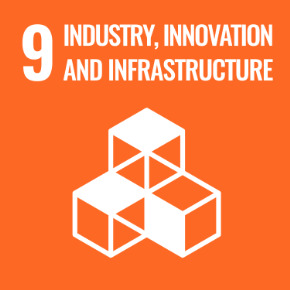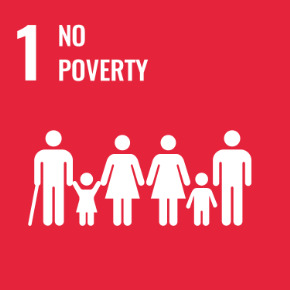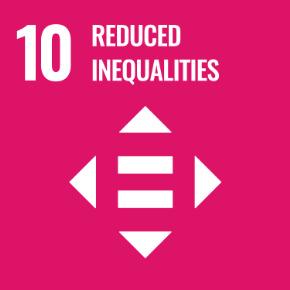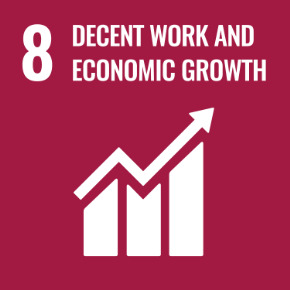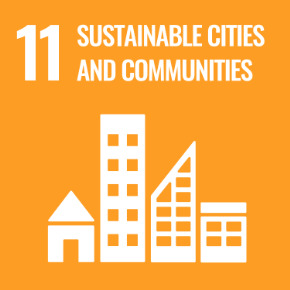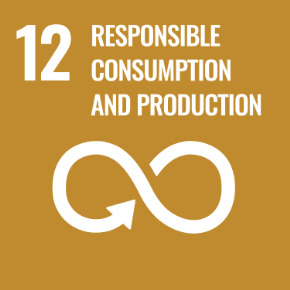Climate Change Initiatives
Climate change—an urgent global issue—is expected to have a significant impact on the Group’s business and strategies. Accordingly, NISSEI recognizes that combating climate change is a major management task. NISSEI will ascertain the risks and opportunities of climate change that impact the Group. NISSEI takes steps to save energy, develops energy-saving eco-friendly technologies, and engages in other internal activities. In addition, NISSEI collaborates with external organizations to implement initiatives, resolve issues, and contribute to achieve the SDGs.
-
1.
Design
- Risk
- Disruption of molding machine production due to regulatory bans on the use of previously allowed parts (transition risk).
- Opportunity
- Widely enhance appeal by using eco-friendly parts on the injection molding machines to boost sales.
-
2.
Procurement
- Risk
- Inability to produce injection molding machines due to shutdown of operation and supply interruption caused by unstable power and water supplies at overseas parts suppliers (physical risk).
- Opportunity
- Improve trust and corporate value through reliable product supply from the global production sites and its global supply chain.
-
3.
Injection Molding Machine Production
- Risk
- Decline in trust due to interruption of injection molding machine productions in manufacturing sites caused by flood or other disasters (physical risk).
- Opportunity
- Improve trust by conducting regular BCP drills, creating effective BCP manuals, and implement rapid recovery procedures throughout the Group.
-
4.
Transport
- Risk
- Decline in sales due to increasing logistic costs caused by rising gas prices, etc. (transition risk).
- Opportunity
- Boost sales by taking advantage of the five-region global production system to appeal its benefits, such as its globally identical product qualities and local supply advantages (e.g. promoting local procurement and reducing transport costs).
-
5.
Sales
- Risk
- Difficulty selling injection molding machines because of surging retail prices due to the introduction of carbon taxes and other environment-related taxes (transition risk).
- Opportunity
- Gain an edge over competitors thanks to government subsidies driving demand for eco-friendly molded products and production technologies.
-
-
6-1.
Production Using Injection Molding Machines
- Risk
- Inability to sell injection molding machines due to restrictions on the production of conventional petroleum-based plastic products (transition risk).
- Opportunity
- Gain an edge over competitors and increase market share through the sales of space-saving, energy-saving, and eco-friendly molding machines. Promote the sales of affordable, eco-friendly, and high-performance injection molding machines in developing countries.

-
6-2.
Disposal
- Opportunity
- Boost sales by promoting the fact that molding machines can have long service lives, and the parts can be recycled.
-
-
7.
Consumption and Distribution of Products Produced by Injection Molding Machines
- Risk
- Decrease in demand for injection molding machines due to legal restrictions on the use of plastic products resulting from the increasing severity of marine plastic and other plastic-related pollutions (transition risk).
- Opportunity
- Take leadership in the industry and achieve the Future Design 2026 plan. Boost sales by increasing demand and use of plastics through the outreach and education on resolving marine plastics and other environmental issues.


